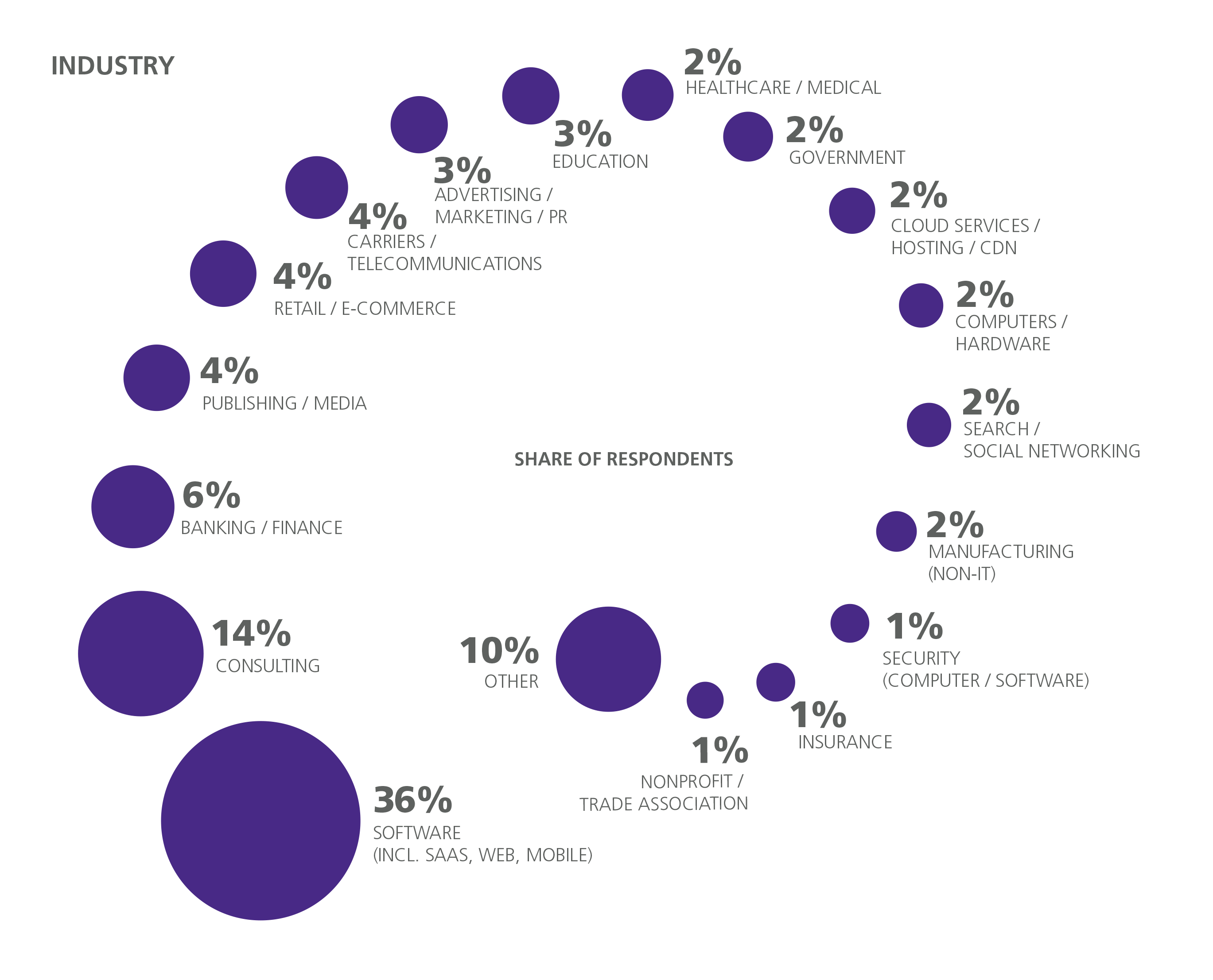
A financial advisor's role is to help clients manage their money. They can help individuals save for their retirement or plan for their children’s college education. They can help people pay down debts and manage their credit. This way, people have less money to spend and more money to put away for retirement. A financial advisor can also help individuals develop and implement a budget and save money to meet specific goals.
Investing component of a financial advisor's questionnaire
The questionnaire is used by financial advisors to ask clients about their risk tolerance and investment preferences. These questions aim to give a full picture of a client’s financial position. They ask questions like how long the client plans to continue working and what they are saving for retirement. They ask about long-term financial obligations and pensions. Although the investment portion of a questionnaire from a financial advisor can be subjective, it helps the advisor to determine the best asset allocation.
When recommending investment options, financial advisors must act in the best interests of their clients. This means that they must use the questionnaire as a tool to determine the best investment options for their clients' needs and risk tolerance. Portfolios that are too high or too risky for investors can be created if the answers are not correct. This can have a negative impact on returns, meaning a client will lose out on higher returns compared to someone with a higher risk tolerance.
Asset allocation
Financial advisors are there to help people find the right mix of assets. This is achieved by recommending an allocation of assets that meets your risk tolerance. Investing involves risk. It is essential to develop a strategy for managing that risk. A financial advisor can help you decide the appropriate asset allocation depending on your risk tolerance, time horizon, and risk tolerance.

Asset allocation is not an exact science and every advisor uses a unique approach. There are some concepts that you need to be familiar with and how to apply them. One example is that clients with a longer-term time horizon may have an increased risk tolerance and require more stocks or bonds in their retirement funds.
Tax planning
A financial advisor can help maximize the tax savings from your investments. A financial advisor can not only recommend investments but also offer advice on investment products and insurance. Financial planning is an important part of financial advice. It can save you thousands of dollars every year. To better serve their clients, financial planners can also make use of tax planning software.
Financial advisors with experience in tax are more likely be to find ways of reducing your taxes. They will also be more focused on maximising your assets than minimising them. Additionally, they might have a compensation plan that favors clients' growth.
Communicate with a financial adviser
Communication is the most important step in building a relationship. It is imperative that you communicate honestly and don't hold back during meetings with your advisor. Financial advisors need to understand your financial goals in order to help you create strategies that will meet those goals. Listen to the advisor and pay attention when he or her explains something to.
Using social media is also a great way to communicate with your advisor. According to a recent survey, more than half of investors who invest at least $25 million use Facebook as a means of communicating with their financial advisor. Another 35 percent use Twitter to keep in touch with their advisor.

Getting paid as a financial advisor
You will need to decide how you are going to be paid when you become a financial advisor. You might be offered a percentage of your AUM in commissions or bonuses, or you may earn a flat fee for your services. In either case, the type of compensation will determine how much you're able to earn.
Some financial advisors are compensated by commissions, while others make money selling products. Some charge an hourly service fee, while others require a monthly retainer payment for their ongoing services. Ask your advisor about which fee they prefer.
FAQ
What degree do I need to become a consultant?
Learning a lot about a subject and then applying it to your life is the best way to be an expert.
So if you want to learn how to become a great consultant, start studying now!
You may not be able to get hired if you don't have relevant experience but a degree. You could still apply if you are able to show that you have the same subject knowledge as the people who were hired.
Employers are always looking for people with real-world knowledge.
What was the origin of modern consultancy?
The first consultants were accountants that helped companies manage finances. They became known as "accounting consultants." This was because they had become very skilled at managing financial information. This role quickly expanded to include human resource management.
The French word "to advise" is the origin of the term "consultant". It was first used by businessmen to refer to someone who could give advice about how to run an organisation. The word consultant is still used by most business owners to refer to any kind professional advisor.
Why do you need consultants?
There are many reasons to hire consultants.
-
Your organization may have a specific project or problem that needs solving
-
You are looking to learn new skills or improve your existing skills
-
You want to work with an expert in a particular field
-
The task is yours alone.
-
You feel overwhelmed with all the information you see and don’t know where it is.
-
You cannot afford to pay someone fulltime
You can find good consultants by word of mouth. Ask your friends and family if they know of any reliable consultants. Ask someone you know who is a consultant for his/her recommendations.
Use the "Search People" function to search for consultants in your region if you are interested in using online directories like LinkedIn.
Why would a company pay a consultant?
Consultants offer expert advice to help improve your business' performance. They don't sell products.
Consulting helps companies make better decisions. They provide sound analysis and offer suggestions for improvement.
Senior management teams often have consultants working closely with them to help them understand their needs.
They offer leadership coaching and training to help employees reach their full potential.
They may advise businesses on reducing costs, streamlining processes, and increasing efficiency.
Do I need legal counsel?
Yes! Consultants often create contracts with clients without getting legal advice. This can lead to issues down the road. What happens if the client cancels the agreement prior to the consultant's completion? Or, what happens if the consultant doesn't meet the deadlines set forth in the contract?
Avoid potential legal problems by consulting a lawyer.
Is it possible that a consultant business can be started from home?
Absolutely! Actually, this is what many consultants already do.
The majority of freelancers work remotely with tools like Skype. To avoid being left out of company perks, they often set up their own office space.
Some freelancers prefer working in cafes and libraries over traditional offices.
Some people choose to work from their home because they like being close to their children.
Although working from home is a great option, there are some downsides. However, if you love what you do, it is worth considering.
Statistics
- According to IBISWorld, revenues in the consulting industry will exceed $261 billion in 2020. (nerdwallet.com)
- My 10 years of experience and 6-step program have helped over 20 clients boost their sales by an average of 33% in 6 months. (consultingsuccess.com)
- So, if you help your clients increase their sales by 33%, then use a word like “revolution” instead of “increase.” (consultingsuccess.com)
- 67% of consultants start their consulting businesses after quitting their jobs, while 33% start while they're still at their jobs. (consultingsuccess.com)
- WHY choose me: Why your ideal client should choose you (ex: 10 years of experience and 6-week program has helped over 20 clients boost their sales by an average of 33% in 6 months). (consultingsuccess.com)
External Links
How To
How do you find a good advisor?
Understanding your needs is the first step to finding the right consultant. Do you want them helping you improve your website's performance or not? Do you need them to optimize your site so that it ranks higher in search engines' results? Or perhaps you just want someone who can tell if there are any issues with your current hosting provider. You need to know what kind of services you want, and then you can begin looking at other companies. While there are many consultants that claim to be able provide these services for you, not all of them will. How do you select the right consultant for your project? Here are some things to consider when picking a consultant:
-
Get referrals. Referring to other consultants is the best way of choosing a consultant. Because you are likely to pay too much, you shouldn't hire someone who you have never heard of. You also don't want someone with a poor reputation to work for you. You're fortunate enough to receive referrals from people you trust. You might also be able to find reviews online even if there are no referrals. Find testimonials and case study examples from customers who have used your product.
-
Ask around. Many people aren't aware that they could benefit from hiring a consultant. They assume that their current situation is fine and they don’t need changes. This is often false. Even if you're getting great results right now, chances are that you haven't been keeping up with new trends or technologies. And if you're relying on outdated methods, you'll miss out on opportunities to grow your business. It's always worth asking around to see if anyone knows of a good consultant.
-
Check their qualifications. It doesn't matter if you are looking for a consultant to help you build a blog or launch a multimillion-dollar eCommerce site, you need to make sure they have the right skills to manage your project. It doesn't matter if they are qualified for the task or not; make sure they are knowledgeable in the field.
-
Find out what type of projects they are skilled in. It is a common misconception that everyone can manage everything. You may need to have specific training or education in certain areas. If you are looking for someone to create a WordPress theme, then you will not want to hire someone who isn't a specialist in Drupal. The same goes for graphic design, programming languages, etc. Ask what projects they usually work on.
-
It is important to know what the charges are. You don't want a consultant who charges too much. You also don't want too much. There are many types of consultants. Some consultants bill by the hour, while others charge per project. This will help you save money in the long-term.
-
Understand what they offer. Are they providing free consultations? Can they provide advice on how to setup your own system? Is there a guarantee that your site will rank higher after working with them? You can cancel your consultation at any time without penalty if you are not satisfied with what you heard.
-
You can also find out if they offer discounts on multiple months or over years. Many consultants offer extended discounts for long periods. Even though you do not necessarily have to commit to a whole year of service, you might still be able to benefit from any specials they offer.